Two former members of Congress visited Suffolk University for a program known as “Congress to Campus” last week from Tuesday, Feb. 19 to Thursday, Feb. 21. With a busy schedule packed with various events and places to be each day, the congressmen set off for a brief, but enjoyable, few days with Suffolk.
Arriving Tuesday afternoon at Logan Airport, Robert “Bob” McEwen began his relatively short trip to Boston and, specifically, Suffolk University. McEwen, a conservative Ohio Republican who served in Congress during the Reagan and Bush Sr. administrations from 1981 to 1993, was joined by another past member of Congress, U.S. Representative Robert Weygand, a Democrat from Rhode Island. Weygand was in Congress for a slightly shorter length of time than Congressman McEwen and served during President Bill Clinton’s second term in office from 1997 to 2001.
After settling into their hotel rooms at the Omni Parker House, both Congressmen started Wednesday, February 20 with an excursion to a Government 120 Research Methods class. Students from that class were joined by students taking an Introduction to American Democracy course. The slightly crowded room (there were not any seats remaining empty once the discussion began) gave their attention and respect to the two Congressmen.
Fielding various questions on wide-ranging topics from different students, McEwen and Weygand managed to discuss abortion, bipartisanship in the current 113th Congress, campaign finance laws, and taxes all in less than an hour. The level of interest was constantly visible during the class period with many students wanting to have chance at asking their question, and for some, multiple questions.
On the subject of the Citizens United case that went to the Supreme Court regarding campaign contributions, McEwen said that a “corporation is a piece of paper…[it] does not walk, talk, or pay taxes.” Weygand brought up how people in Congress usually tend to spend around half, if not more, of their time as elected officials raising money and attending fundraisers for their various and numerous re-election campaigns.
On the matter of sequestration and automatic cuts across the board, which are set to begin on March 1 and hurt agencies in every state, as well as the federal government, McEwen said he thought that the situation, as bad it may be, will not end with the sequester. Weygand said he expected that Congress would extend the short-term preventions from hurting the economy, and a “temporary solution” is basically “kick[ing] the can down the road.”
McEwen added that the situation, in the end, has its responsibility “at the steps of White House” – a reference to President Obama and what many see as a lack of strong leadership of his Congress. He said the President must come together, and used the example of Massachusetts’ own Tip O’Neill, the Democratic former Speaker of the House.
The “Congress to Campus” program is organized by the Stennis Center for Public Service Leadership, an institute whose mission is stated by Executive Director Rex Buffington as “[the] Stennis Center that no government, regardless of its history and structure, can be better than the people who make it work. That is why our focus is on people over policy. We are confident that if we can get the best possible people in public service leadership, we will also get good policy.”
Rachael Cobb, an Associate Professor of government and also the government department chair, played an instrumental role in organizing the itinerary for McEwen and Weygand for the three days they were here. When asked how the two Congressmen handled the subjects that can be heated, like gun control, Cobb responded that they were “calm, cool, and collected.”
Cobb continued, mentioning one thing she wanted students to take away from such an amazing experience is to maybe consider running for public office. As a strong supporter of youth voting, she says voting and running for office can go hand-in-hand sometimes, and that people should take advantage of such rewarding opportunities.
Throughout the rest of the visit, McEwen and Weygand went to classes with students mainly in government courses; each grade level, freshman to graduate students. Aside from the numerous meetings with students in their classrooms, McEwen and Weygand also participated in two different forums.
The first was titled “Gun Control Panel: Legislative Responses to Gun Violence.” Held in the Suffolk University Law School Faculty Dining Room, the forum lasted from 4-5:30 p.m. and was sponsored by the Government Department and the Moakley Institute present in collaboration with Congress to Campus. Other speakers included Richard Arenberg, Lecturer and Government Professor, and Erika Gebo, Associate Professor of Sociology.
The other event, a roundtable luncheon, was held in First Floor Function Room of The Suffolk University Law School on Thursday, Feb. 21, from 12-1:30 p.m and titled “Gridlock in Congress: Can Washington Tackle Today’s Pressing Issues?” The luncheon was co-sponsored by The Rappaport Center for Law and Public Service, of which Professor Cobb is a board member for, The Moakley Archive and Institute, The Government Department, and Blue Cross Blue Shield.


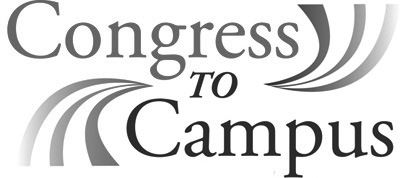

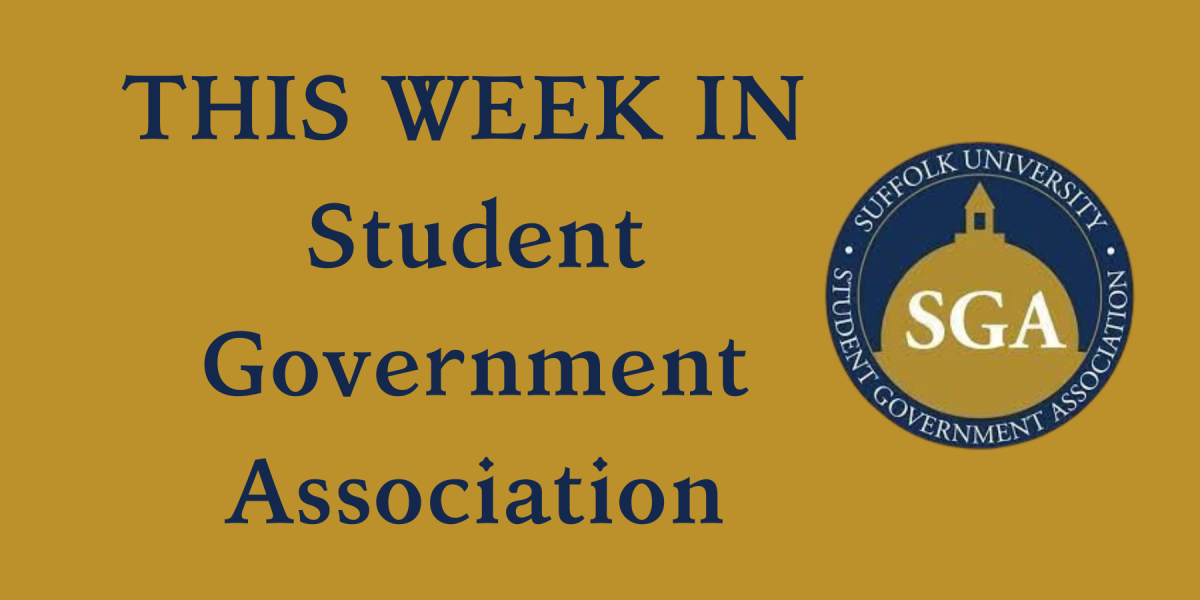
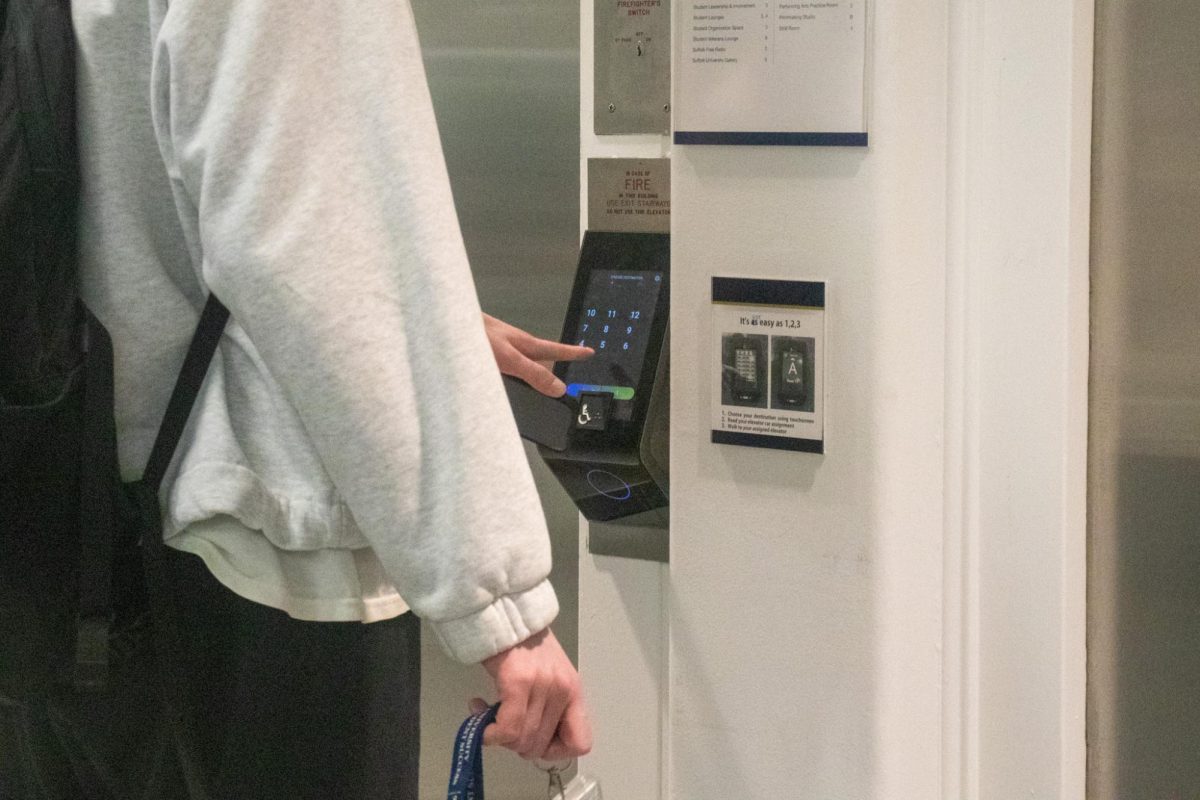

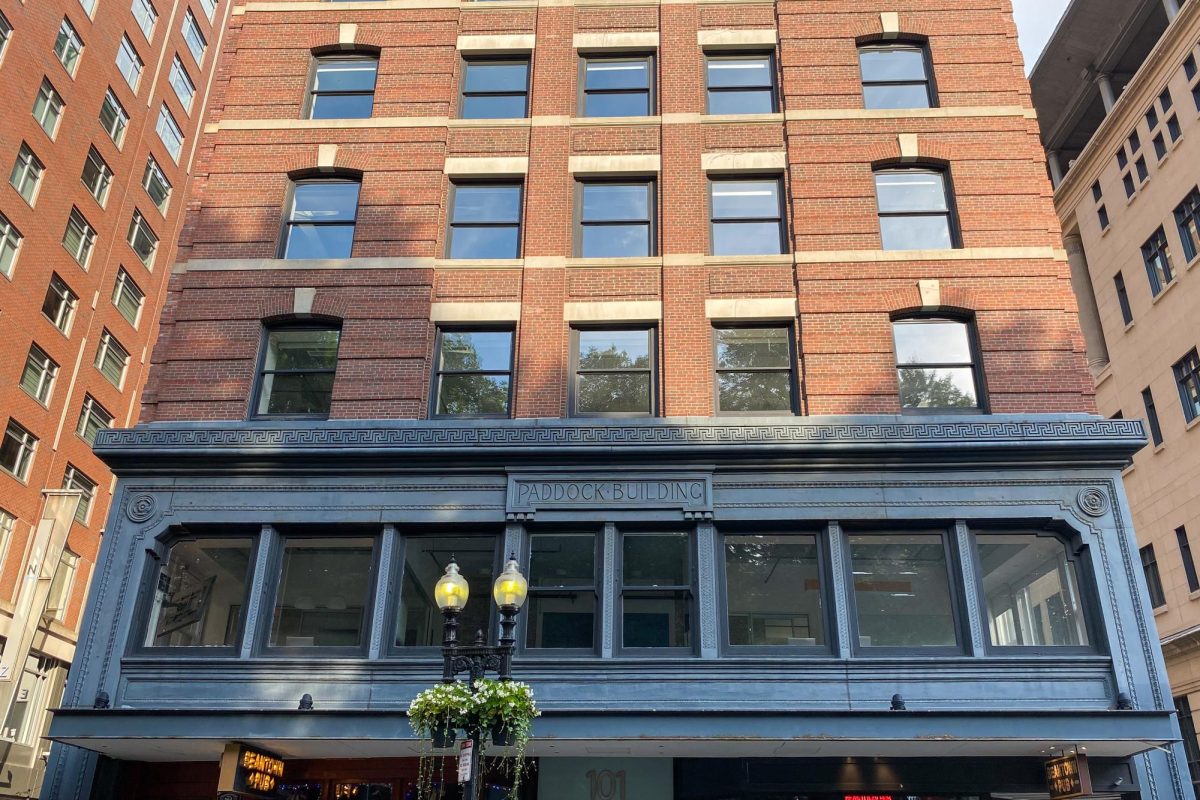

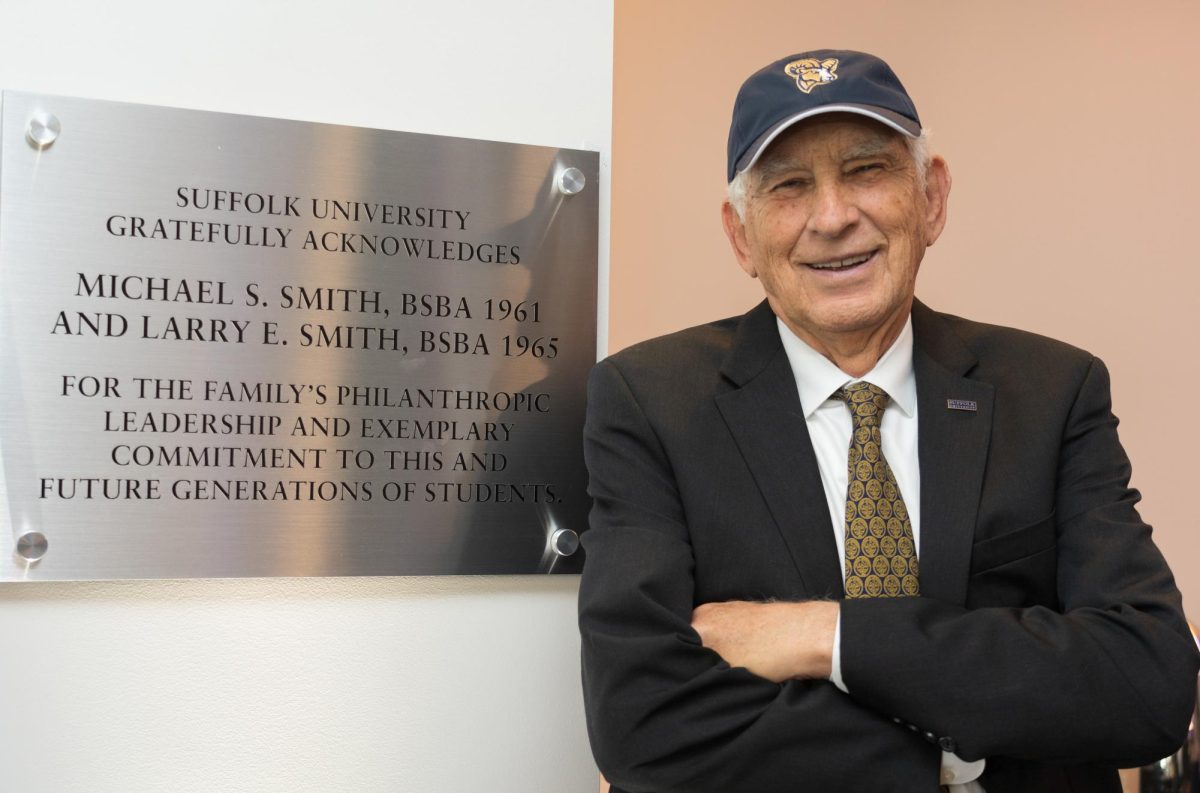
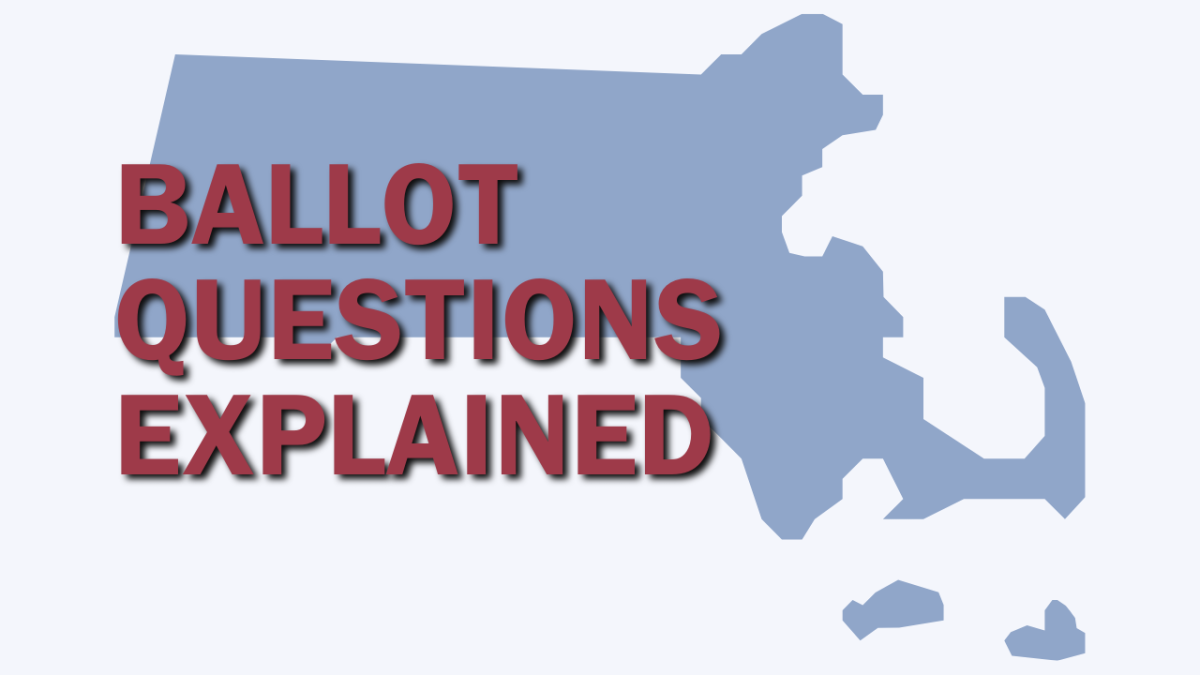



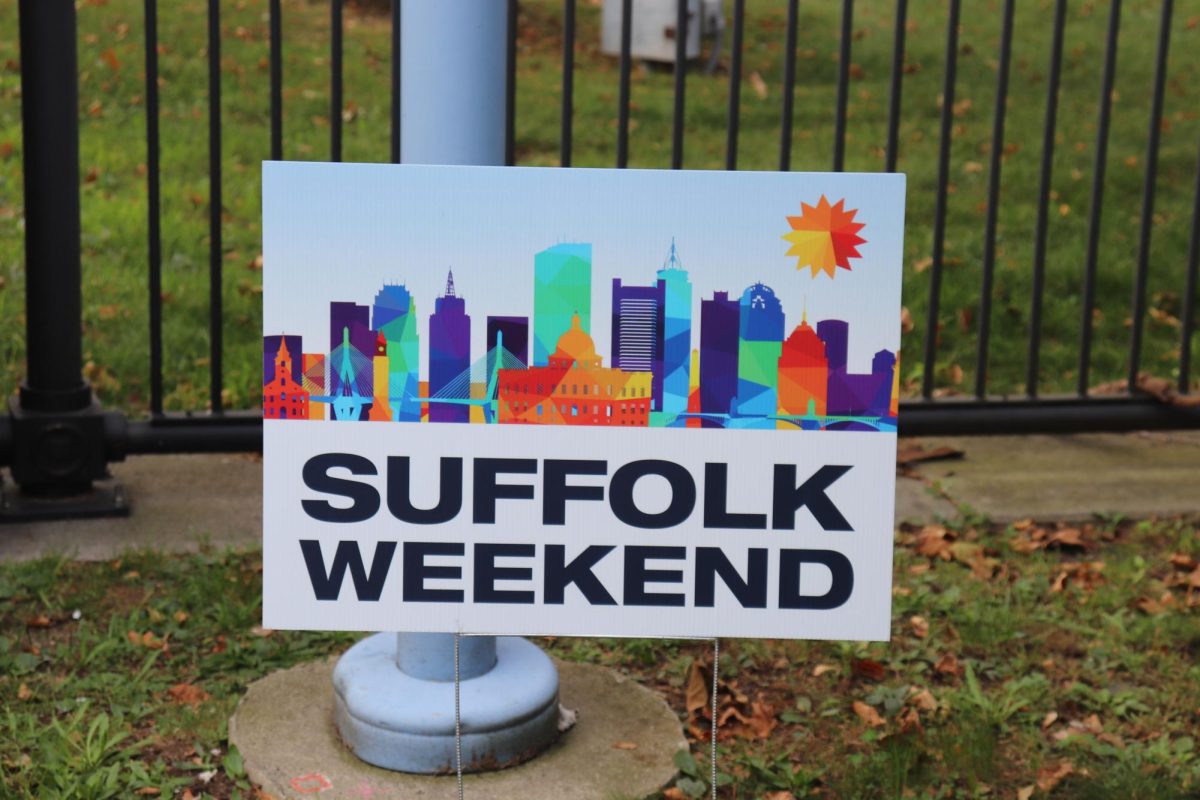
The Suffolk Journal • Mar 1, 2013 at 12:00 pm
[News] Hot topic issues discussed by visiting former Congress members: http://t.co/Zl1aeLdMKx
Miles Halpine • Feb 28, 2013 at 3:05 pm
My article for the @SuffolkJournal this week: “Hot topic issues discussed by visiting former Congress members” http://t.co/AYJrel9Zui